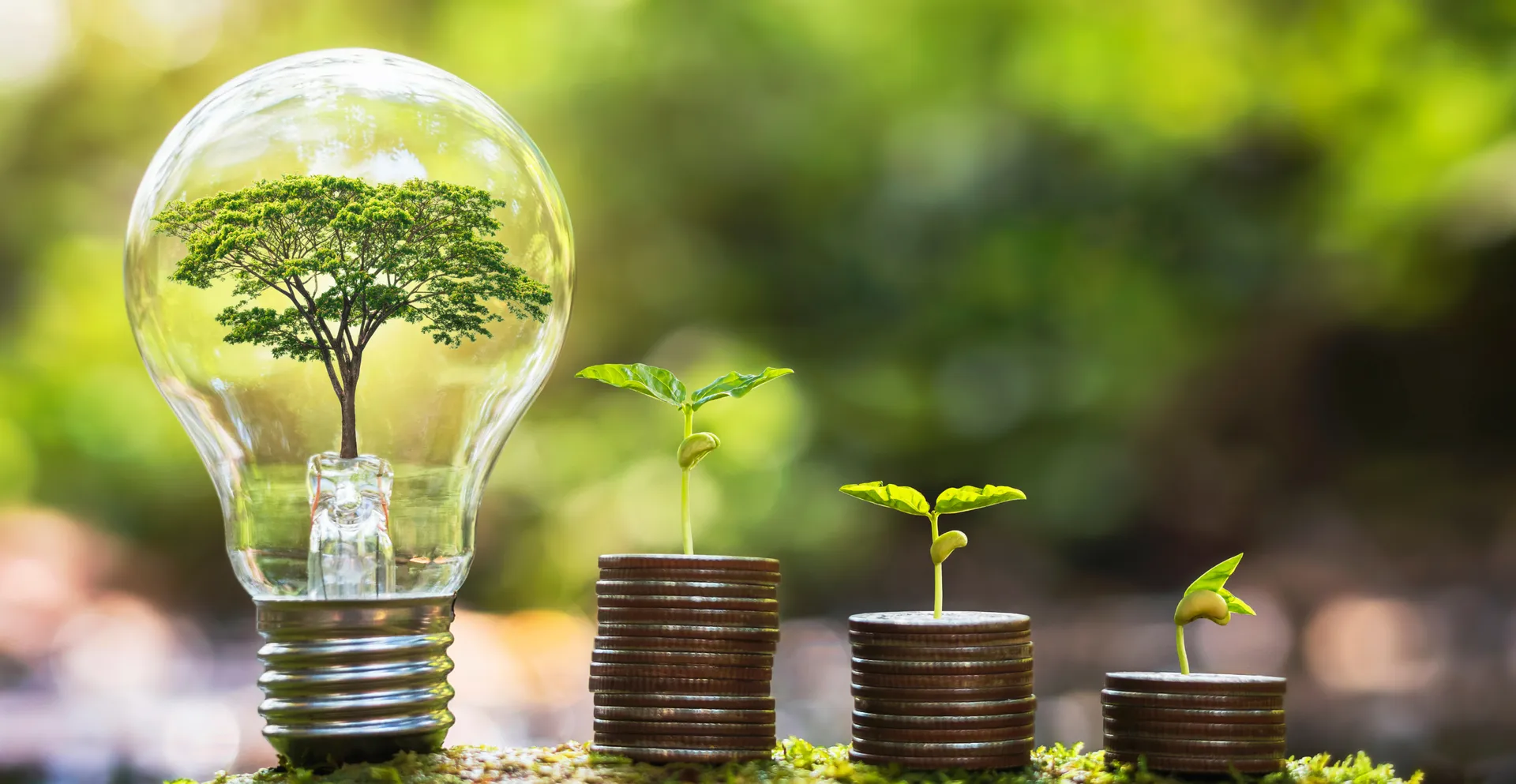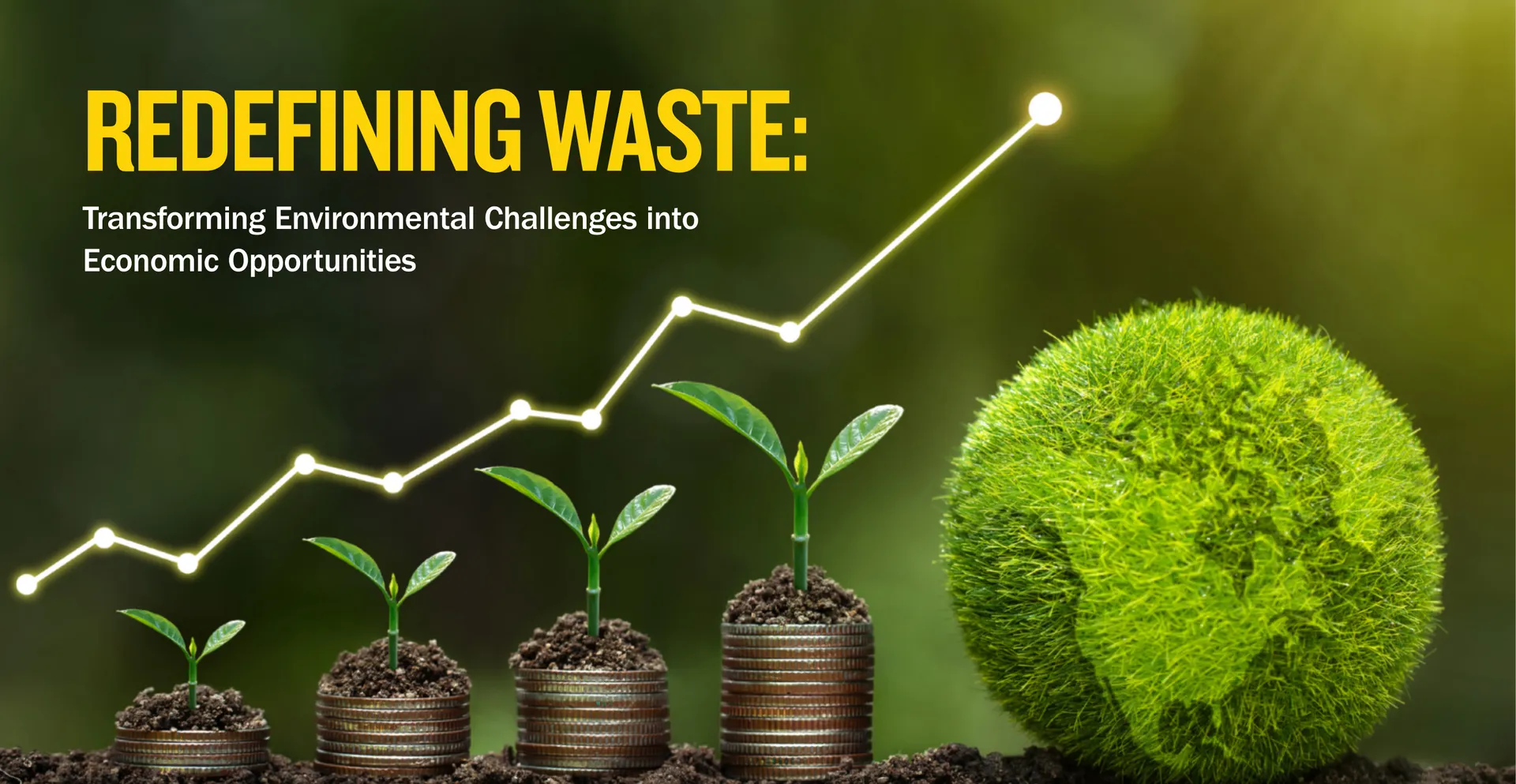The surge in throwaway culture has led to a significant increase in waste generation, demanding immediate and effective management. Globally, individuals are estimated to generate 0.79 kilograms of solid waste daily, up to 2.01 billion tonnes annually. Addressing this issue requires individual efforts to reduce or transform waste into something useful. Therefore, waste segregation is an essential environmentally sustainable approach, which requires a united and conscious effort.
Waste segregation involves separating the waste into dry and wet categories. Dry waste is further divided into biodegradable and non-biodegradable waste. Biodegradable waste typically fills up landfills, while non-biodegradable waste undergoes incineration, with the resulting pollutants treated before release into the atmosphere. Wet waste, conversely, can be used for composting, as it is predominantly biodegradable.
Optimizing utilization is possible if economic entities act rationally, ethically, and responsibly in waste management. This, in turn, helps reduce social costs that threaten future generations and replaces them with social benefits. Waste has the potential to become an economic input, as seen in Sweden, where numerous waste management plants generate electricity and heat for a significant portion of the population.

The abundance of waste could help alleviate the global energy crisis. Effective government policies on waste management have proven to be the most impactful approach. For instance, countries like Colombia reward citizens for collecting and recycling plastic bottles through vending machines. In Indonesia, waste is traded in exchange for health insurance, addressing the pervasive issues of poverty and limited access to basic medical facilities. The Netherlands’ transition to clean energy is an inspirational model for other nations. Additionally, their construction of roads using plastic showcases effective waste management practices.
Waste segregation and management definitely yield various economic benefits. Recycling and reusing materials create new job opportunities and stimulate economic growth. Industries can achieve cost savings by reducing the need for extracting and processing raw materials. Proper waste management also eases the burden on landfills, reducing associated disposal costs. And prioritizing waste segregation and management is an environmental responsibility and an opportunity for sustainable development.
Embracing these practices enables us to create a cleaner and healthier environment, conserve resources, reduce pollution, and foster a more sustainable future for all.









